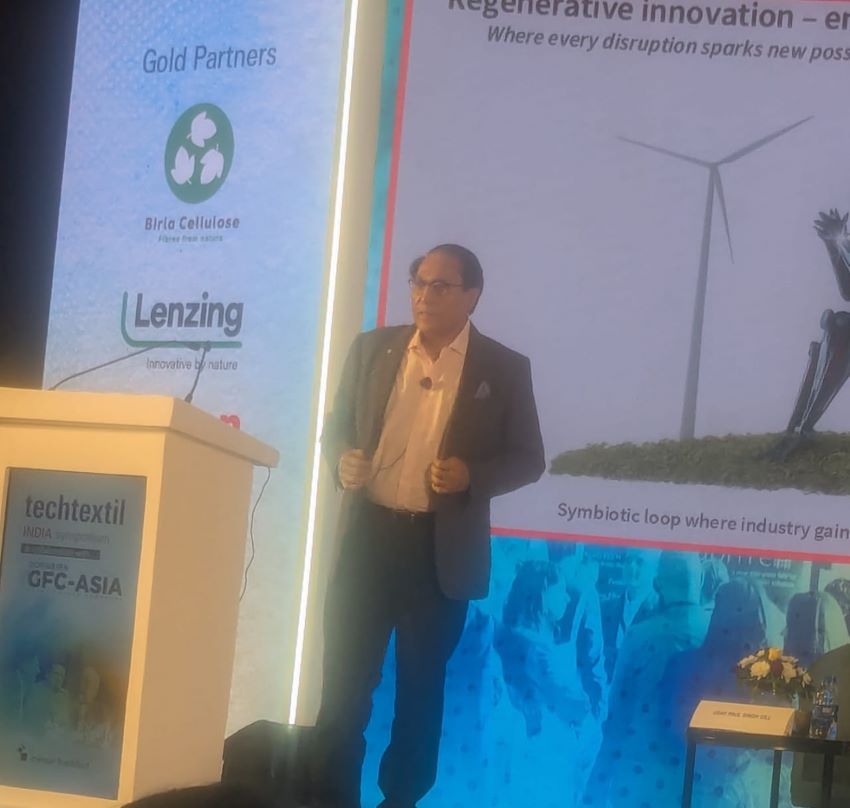Viscose has emerged as a sustainable alternative to oil-based synthetic textiles such as polyester, acrylic, nylon and spandex.
Introduced in the late 1800s as an alternative to silk, the plant-based fiber, also known as rayon, is inexpensive to make and applicable in many ways, including for casual wear items, denim, socks, bed linen, towels, face masks and wet wipes. Viscose fabric wrinkles easily and may shrink when washed, but it boasts great qualities as well, including being soft, smooth, lightweight and breathable, featuring excellent color retention and absorbency, draping well and being versatile by blending nicely with other fibers.
Said to be the second largest polluter in the world, right behind the oil industry, the harmful impacts of the fashion industry, which employs more than 75 million people worldwide, are staggering. The industry is not only the second biggest consumer of water, but also responsible for eight per cent to ten per cent of global carbon emissions – more than all international flights and maritime shipping combined. Fashion consumers on an average buy 60 per cent more pieces of clothing than 15 years ago, generating up to 92 million tons of waste, equivalent to four per cent of the world’s waste each year.












